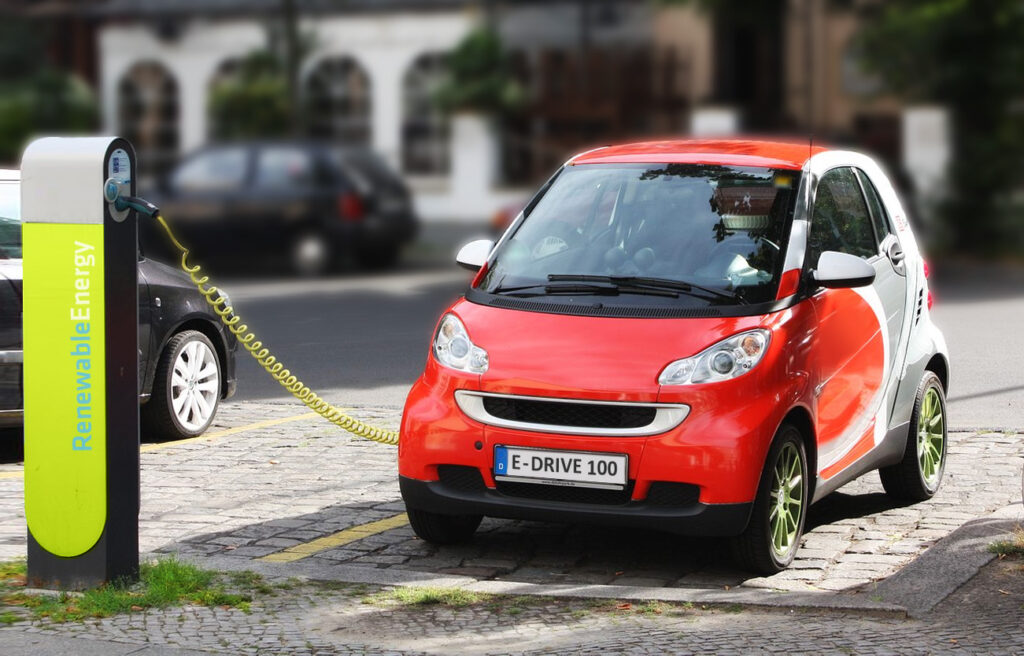Federal agencies are taking various measures to maximize their purchase of American-made products, as directed by the president’s “Made in America” order and reinforced by the extensive “Buy America” provisions in the recently enacted Infrastructure Investment and Jobs Act (IIJA). At the same, the administration has made tackling climate change a priority. The administration will need to determine how to reconcile the competing aims. For example, two federal agencies have asked for public input on “how best to simultaneously support the President’s policies on climate, create a national network of [electric vehicle (EV)] charging infrastructure, and comply with Buy America requirements”. This post looks at some of the steps the administration is taking to pursue its potentially competing aims.
On November 29, the Departments of Transportation (Federal Highway Administration) and Energy published a “Buy America” Request for Information (RFI) “on the availability of EV chargers manufactured and assembled in the United States, including whether they comply with applicable Buy America requirements”. The context for the information request is the president’s goal of building a national network of 500,000 EV chargers by 2030, for which the IIJA provides $7.5 billion in funding.
In addition to seeking information on domestic sourcing of EV chargers, the RFI is intended to ensure that domestic manufacturers are able to identify any EV charger that meets “Buy America” requirements or a domestic final assembly condition, as well as “highlight benefits of shifting manufacturing and assembly processes” to the U.S. The request is also responding to a presidential climate order. Comments in response to the RFI are due by January 10, 2022.
Other agencies seeking to advance the administration’s “Buy America” policies include the newly created Made in America office, which has issued guidance to tighten the use of waivers of “Buy America(n)” laws and begun its review of proposed waivers. In addition, the Federal Acquisition Regulatory Council (FAR Council) has proposed revisions of the Federal Acquisition Regulation (FAR) to tighten implementation of “Buy American” requirements. (The final regulation should be be finalized in the coming weeks.) The FAR Council also outlined other areas in which it is considering changes to the procurement rules. They include the possible imposition of preferences on services and potential revision of the substantial transformation text, which is used to determine whether a good qualifies for a waiver under the Trade Agreements Act of 1979.
At the same time as it pursues changes to the procurement landscape, the administration is taking steps to address the climate crisis. In a May Executive Order on Climate-Related Financial Risk (EO 14030), the president directed the FAR Council to consider amending the FAR “to ensure that major Federal agency procurements minimize the risk of climate change”. In response, the FAR Council published a notice in October that it was considering a potential amendment of the procurement rules. It asked for public input on a variety of questions, including how the federal government might “give preference to bids and proposals from suppliers, both domestic and overseas, to achieve reductions in greenhouse gas emissions or reduce the social cost of greenhouse gas emissions most effectively”.
An issue to watch is whether the administration’s climate policies collide with its “Buy America” polices, and if so, which prevails.
Jean Heilman Grier
November 30, 2021
Related Posts
White House Begins to Implement Made in America Order
White House Proposes Revised "Buy American" Rules


